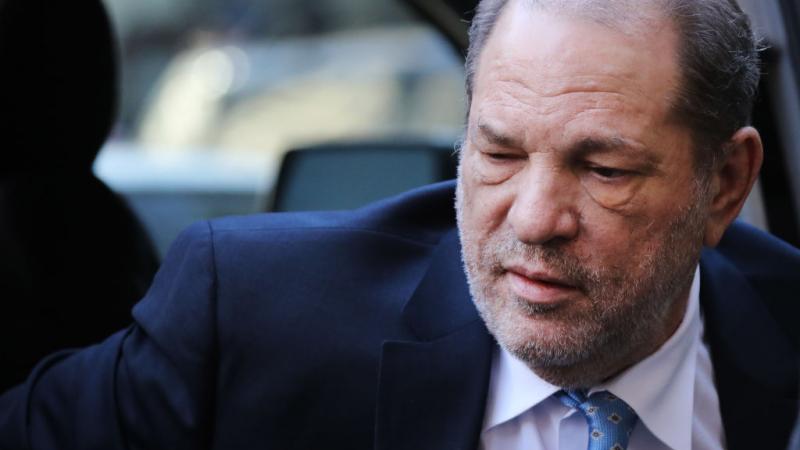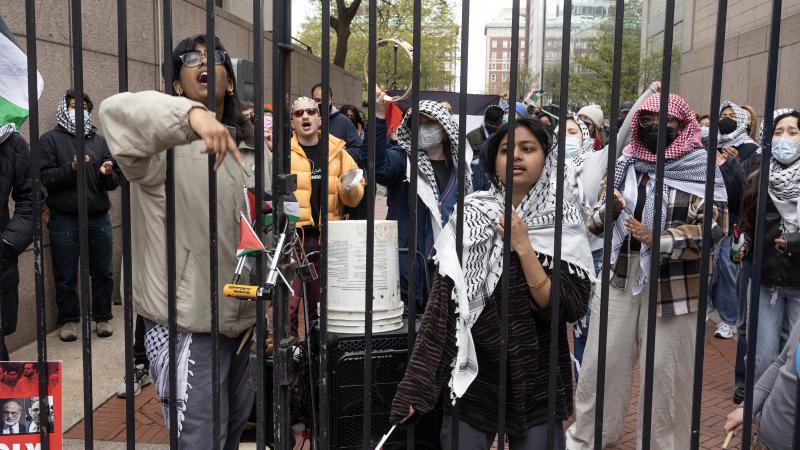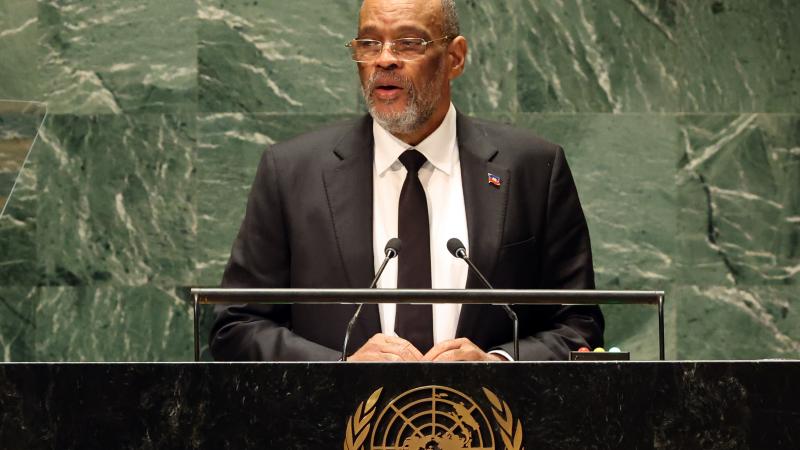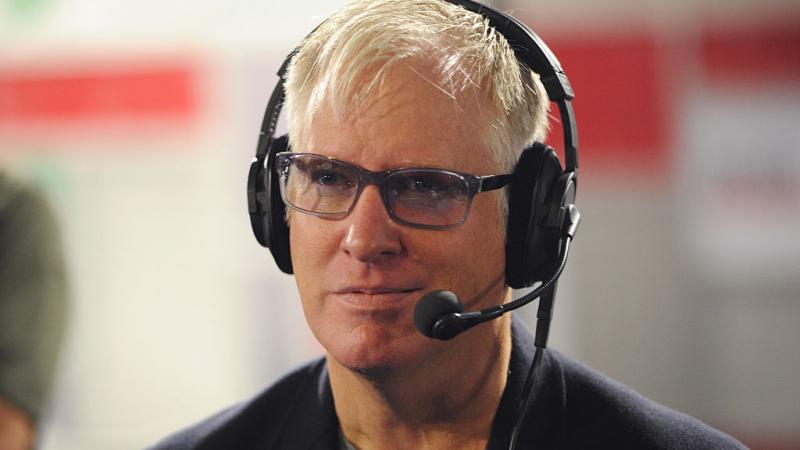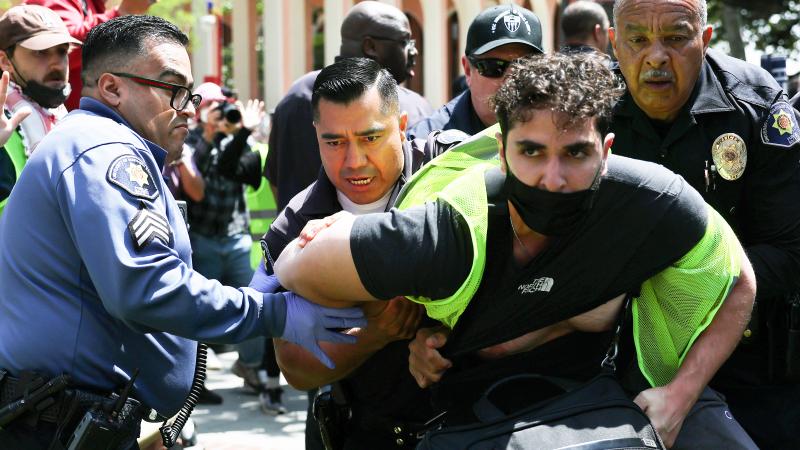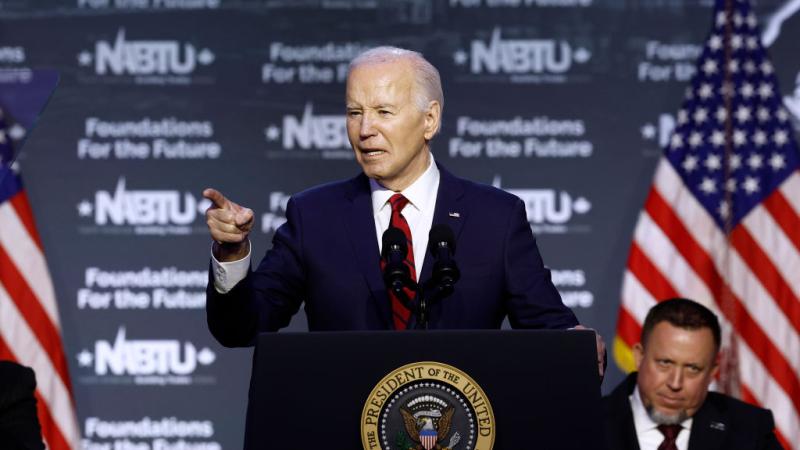Judge approves class-action lawsuit against feds' $85 million seizure of safe deposit boxes
"The members of the certified class are, by definition, people whom the government has not accused of wrongdoing," lawyer says.
The federal government hit perhaps the biggest setback yet in its efforts to keep not only $85 million in assets seized from safe deposit boxes without charging their owners, but associated evidence from the raid.
A federal judge this week certified a class in one of many ongoing legal challenges to the seizure, the first such approval since the feds raided U.S. Private Vaults (USPV) in Los Angeles this spring.
It covers box holders who identified themselves to the feds and recovered their property, but are still demanding back "records generated and evidence collected" when the FBI exceeded the warrant granted for the raid by rifling through box contents, opening envelopes and making recordings.
It's a more limited class than sought by the plaintiffs' lawyers at the Institute for Justice (IJ). U.S. District Judge Gary Klausner removed box holders whose property has not been returned to them yet because they can "assert their rights in judicial forfeiture proceedings."
The judge also denied proposed subclasses for 245 box holders who filed administrative forfeiture claims and haven't received notice on whether they'll get their property back, and for 289 box holders who have not filed those claims.
The government is already on a 90-day clock to file judicial forfeiture complaints or return the property for the first group, and all but six members of the second group have since filed claims, making that subclass too small, Klausner said.
IJ said the feds have returned all but $2,000 of its clients' seized assets as of Oct. 1. It now simply wants an order compelling the government to destroy the records from the search, including video recordings, as the fruit of Fourth Amendment violations.
"The members of the certified class are, by definition, people whom the government has not accused of wrongdoing," the public interest law firm said in a statement Thursday.
A month earlier, Klausner rejected three variations of proposed classes sought by a different set of plaintiffs, who estimated their ranks at more than 100 members, because they sought to stay anonymous. He ruled that the request cannot be granted on a class-wide basis.
IJ lawyer Robert Johnson told Just the News "this situation is really quite unique" in relation to previous challenges to warrantless seizures. The Major League Baseball Players Association successfully challenged the feds' seizure of drug testing records for hundreds of players when the warrant only covered 10, but that didn't require class certification.
The feds indicted USPV for conspiracy to sell drugs and launder money, but not its customers, even while portraying them as an undifferentiated mass of criminals.
The Justice Department has faced repeated skepticism from judges about its authority to search the boxes and keep the contents without filing charges, however.
Klausner imposed a preliminary injunction in July for IJ's clients because the feds' seizure notices fell "woefully short" of providing the "specific statutory provision," such as forgery or smuggling, under which the assets were seized.
Weeks later, U.S. District Judge Mark Scarsi approved a joint proposal by prosecutors, renter Michelle Gerlis and the libertarian Reason magazine to provide "all warrants and affidavits" related to the raid.
Marijuana figures prominently in the government's justifications to keep seized assets.
Klausner previously blocked the feds from requiring an anonymous box holder to subject himself to a criminal investigation to get a copy of the warrant. The government claims the holder's use of rubber bands to bundle cash and a drug-sniffing "dog alert" show the cash is tied to drugs.
Under pressure from Klausner, the feds also returned $57,000 seized from unemployed IJ client Joseph Ruiz. They accused him of unlicensed cannabis activity based on his email address and gig making bongs, only relenting when he turned over documentation showing the seized money was legitimate.
The feds have produced "no evidence of criminal wrongdoing by the vast majority of box holders," with only 11 forfeitures justified by "past criminal convictions or pending charges, the Los Angeles Times reported last month.
Even the criminal case against USVP has gone "dormant" since the February indictment, with no explanation from the U.S. attorney's office in Los Angeles.
While relying heavily on cash-bundling methods and dog alerts as evidence of illicit drug proceeds, the government refuses to release the seized cash for testing to determine what drug traces might be on it, and when it happened.
At least two boxes at USPV held "large sums of cash" from licensed marijuana businesses whose scent may have spread to other boxes, since they aren't "airtight," the Times reported, citing lawyers for box holders.
As cash-heavy businesses that often can't get bank accounts due to the federal prohibition on marijuana, licensed sellers constantly send out currency that smells like their products. Research firm Euromonitor estimates Americans spent more on legal cannabis than wine last year.
Two more forfeiture cases seeking nearly $500,000 were filed against box holders last month, based on dog alerts and their unsuccessful applications for state licenses to sell marijuana, according to the Times.
U.S. Attorney's Office spokesperson Thom Mrozek told the Times that dog alerts were "not the only factor contributing to probable cause" but defended them as "strong evidence" of drug crimes. He claimed the raid didn't violate the search warrant because "nothing requires the government to ignore evidence of a crime that it sees."
Mrozek declined to comment on the approved class certification or tell Just the News what were the other factors contributing to probable cause and why the dog alerts were still valid when so much cash passes through licensed marijuana businesses.



